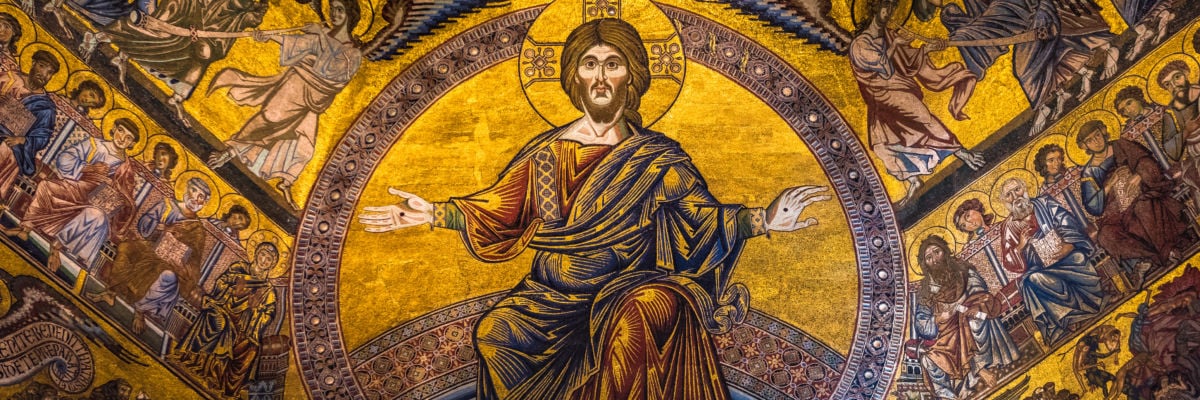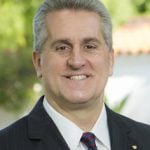
Question:
Answer:
Remember this very important principle: natures don’t act; persons do. So, when Jesus acts, whether the instrument being employed is the divine nature or the human nature, it is the one, divine person who acts. Thus, when Jesus does what only God can do, like raise the dead by his own authority (cf. Isa. 26:19–21; John 2:19–21), heal the sick (Ps. 103:1–3; Mark 2:11), control the weather (Ps. 65:9–10; Mark 4:39–41), and the like, that act must be attributed to the Second Person of the Blessed Trinity. The same can be said for acts where the human nature is the instrument, like the text you chose, John 19:28, “I thirst.” Because the one subject of our blessed Lord incarnate was the Second Person of the Blessed Trinity, it was the Second Person of the Blessed Trinity who acted in saying, “I thirst.”
As far as the other two persons of the Blessed Trinity are concerned, because it was only the Second Person of the Blessed Trinity who was incarnate, acts of the Second Person of the Blessed Trinity employing the human nature alone, like when he says, “I thirst,” cannot be attributed to the other two persons. Thus, only the Second Person of the Blessed Trinity can be said to have been born, to have grown, learned, suffered, died, resurrected from the dead, and of course, to have said, “I thirst.”



